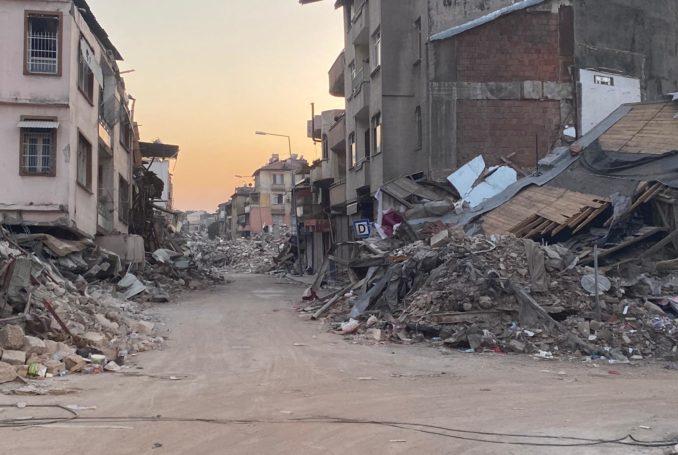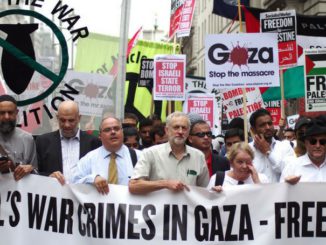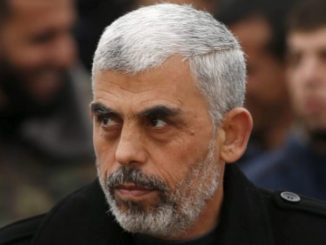
By Alaois Abu Layth
“You cannot take your olive tree with you into the ghorba.”*
The words repeat in an internal monologue but rarely could they pause to absorb the meaning spoken by Duraid Lahham. A second ghorba, in fact, with Gaza their first, a place of refuge become unliveable under siege. Cramped, roots trampled underfoot.
Abu Hassan lost his brother.
Out of Gaza and into where. Cast into what. A whole family in tow. “All of Gaza is now in Istanbul.” More than a moment of regret now thundering, multiplying. South of the city, in regions closer to the broken borders of once proud Arab sovereignty. Broken. A descriptor now of earth, zinc, concrete (or its prefabricated, watered-down sibling).
And Abu Hassan lost a sister.
Their son had made it to stabler climes. That he crawled through a shit river, from unmuzzled dogs and into the dinghy to get there was a minor consideration. Made it. But their roots were closer to the branches left behind, still within Ottoman geographies, harsh but favorable to their predecessors.
Abu Hassan lost a younger sister.
Rock cracked, zinc gave way. Into dust and earth, their last.
Others from the Hayy had gone back. Gaza, a first refuge, still a far cry from liberation yet favorable to second-class citizenry. What were extortionately priced visas next to the familiar breeze and scent of falafel at Shati’? How could that familiar social solidarity be found when the streets here were paved with… well, dust. Now rubble. Pummelled from below, abodes now theaters for the watchful gaze of cameras. Opportunists wave dollar bills – to others, further south, denied. But that was all for the living.
Abu Hassan lost his mother.
“You cannot take your olive tree with you into the ghorba.”
But take their seeds at least. They sing, with us, in chorus:
Abu Hassan, we are with you.
* ghorba – lit. a place or estrangement, or exile.
– Alaois Abu Layth, an Irish writer and activist based in Britain. He contributed this article to The Palestine Chronicle







